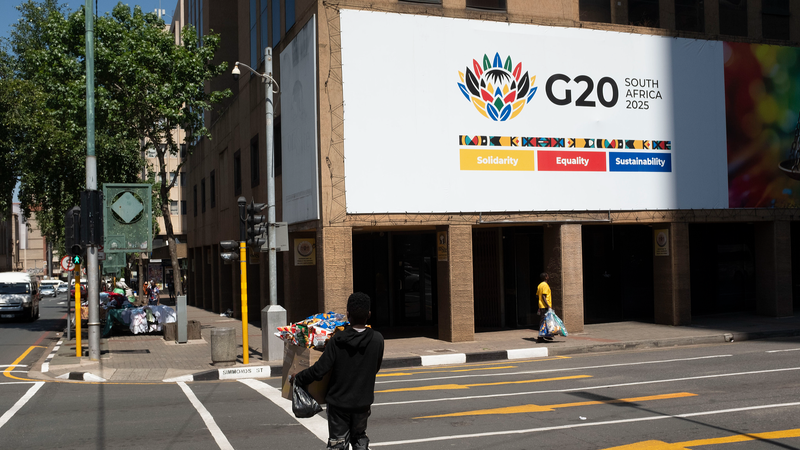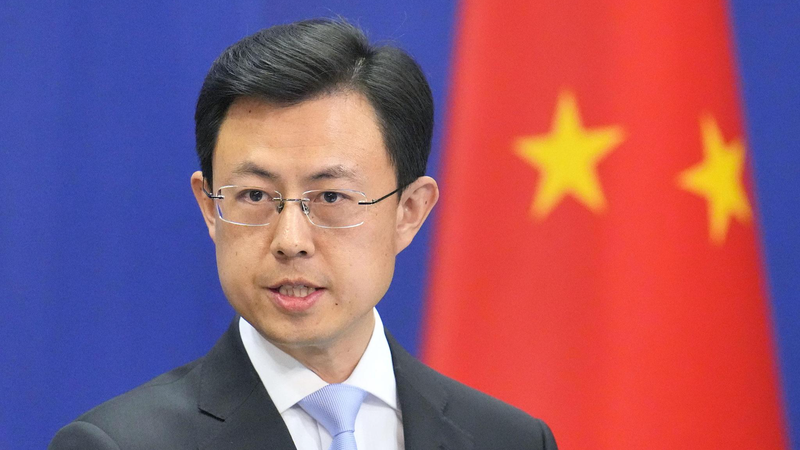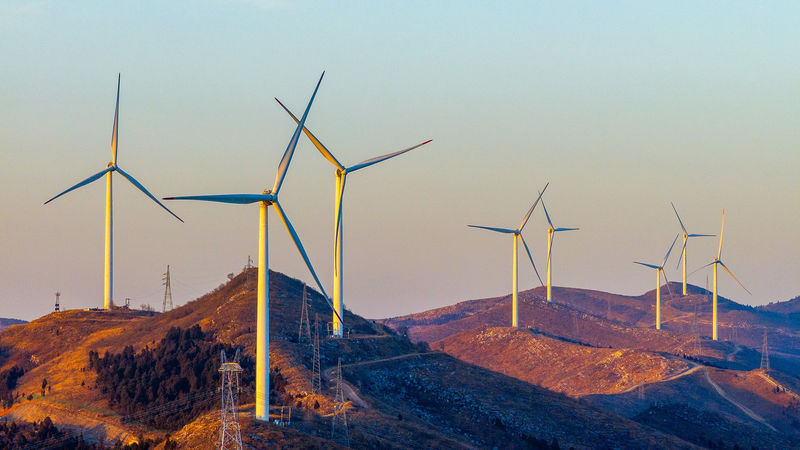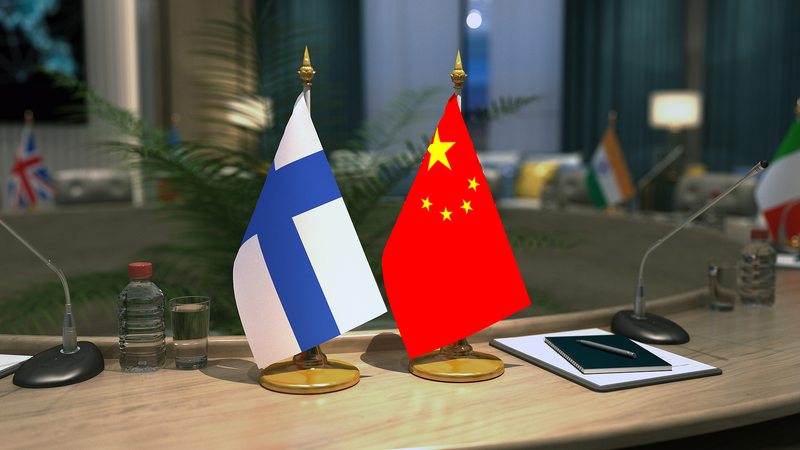Ready for G20 2025? Hosted by South Africa this year, the summit is set against a backdrop of economic headwinds, geopolitical crosswinds, and big calls for reform 🌍🤝
Why it matters: G20 members make up about 85% of global GDP and 75% of world trade. When these economies move together, they can tackle the toughest challenges—from trade skirmishes to climate emergencies.
Here’s the lowdown:
- Trade & Multilateral Push 🔄: Governments are under pressure to slash barriers and boost cooperation.
- AI Governance 🤖: Back in September 2025, the G20 AI Task Force pushed for inclusive, ethical AI and 'data free flow with trust.'
- Climate & Green Finance 🌱: New national climate pledges (NDCs) rolled out this year, with stronger emissions targets and green fund plans.
- Fair Global Governance ⚖️: China’s Global Governance Initiative is calling for a rebalanced system where developing nations get a bigger seat at the table.
Tech spotlight: China’s Premier Li Qiang proposed a global AI cooperation body in July 2025, aiming to supercharge innovation through shared R&D and common standards. Meanwhile, the Digital Cooperation Organization dropped the AI-REAL toolkit, giving governments a clear roadmap for responsible AI policy.
Climate watch: China announced its 2035 NDCs in September—cutting net emissions by 7–10% from peak levels and ramping up wind and solar to 3,600 GW. By the end of August, its national carbon market hit 189 million tonnes traded (~18.1 billion yuan), marking 2024 as the market’s breakout year.
Shifting gears: The G20 has come a long way since Hangzhou 2016. Now it’s not just about growth and innovation—it’s about steering finance, tech, and climate toward shared responsibility. As Wang Fan from China Foreign Affairs University put it, 'deficits in peace, development, security, and trust are deepening, while existing mechanisms struggle to respond.'
The bottom line? Tensions between rich vs. poor, tech giants vs. emerging economies, and the big ask for climate funding make this summit a make-or-break moment. For low-income and developing nations, it’s a shot to demand fair debt rules, climate support, and equitable AI benefits. If leaders deliver, we could see a new era of global governance—one that’s less growth-only and more all-in-it-together. Are you watching? 👀
Reference(s):
G20 2025: Can the world break the global governance deadlock?
cgtn.com




